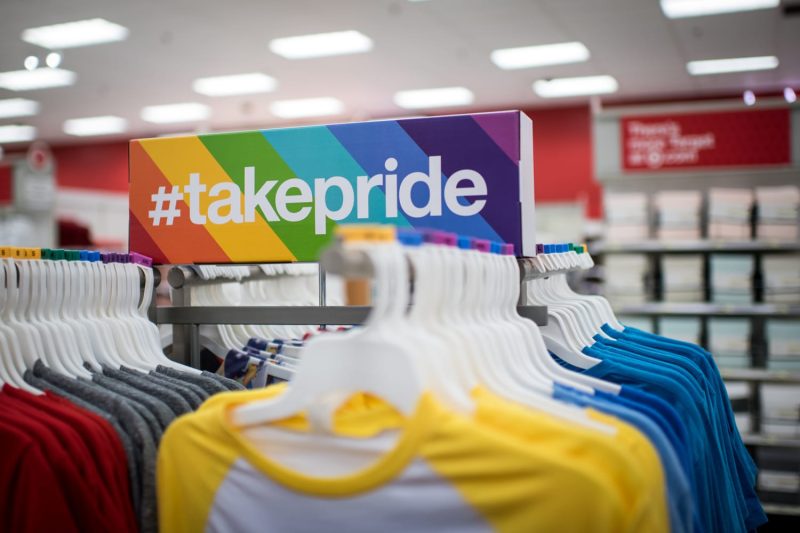Body of Article:
Shift in Perception:
The Corporate Equality Index (CEI), conceived initially as a tool channeled towards fostering corporate America’s commitment to LGBTQ rights, has come under significant criticism from conservative groups recently. Launched by the Human Rights Campaign (HRC), the index has increasingly been upheld by many large corporations as an indicator of progressive conduct. Companies such as Apple, Amazon, and Microsoft have consistently topped this index due to their explicit workplace policies supporting LGBTQ rights.
Conservative Backlash:
However, throughout recent years, the CEI has attracted the wrath of conservative groups, with some terming it as part of the broader war on woke. The conservatives criticize the index as a tool for imposing a specific ideological perspective on corporations, thereby leading to reverse discrimination. They posit that the index essentially champions left-wing ideologies in its promotion of behaviors such as unrestricted bathroom use for transgender workers — a contention point in the ongoing cultural battle.
The conservative groups view the CEI and its parent organization, the HRC, as public enemies in the fiercely-fought cultural wars that have been waged in recent times. Ultimately, the temperature of these ideological battles paints the CEI as a palpable symbol of the increasing polarization within America’s socio-political landscape.
Arguments and Counterarguments:
For the conservative critics, the problem lies in ‘compelled speech’— an alleged imposition of leftist ideologies on corporations and, by extension, the whole society. They assert that institutions such as the CEI, in touting their progressive policies within large corporations, serve to enforce a broader societal mandate that stifles conservative voice on these issues.
But supporters argue that CEI merely brings much-needed attention to workplace discrimination and inequality. They believe the index’s ultimate goal is not the propagation of any particular ideological view but rather the creation of equitable, inclusive workplaces that respect and cater to the needs of all individuals. They argue that critics often misconstrue the index’s intentions, viewing it not as an instrument to encourage workplace inclusivity but rather as a tool for widespread ideological imposition.
Impact on Corporate Arena:
The backlash against the CEI has significant implications on the corporate world. Major corporations risk losing customers and clients with opposing views if they’re seen as endorsing certain ideologies over others. As many of these corporations reach global audiences, these cultural discourses complicate the mission of serving diverse consumer bases. It positions corporates as key players in these cultural battles, adding a new layer to the definition of corporate social responsibility.
Outcome of the Backlash:
As a consequence of the backlash, conservative groups have put forth alternative organizational guides promoting conservative principles. While these counter-developments express a diversification in the ideological landscape, they exacerbate the polarization, leading to further societal divide.
In summary, the war on the CEI is indicative of extensive ideological warfare that is ongoing in the US. The once champion of equality is quickly becoming a symbol of division, showing how the national conversation around LGBTQ rights is far from settled. Despite of the opposition, the CEI continues to function, striving towards an inclusive future, but amidst targeted criticism. As these ideological battles continue, the role of corporations, too, will likely evolve, moving from passive onlookers to active participants in the struggle for societal values and norms.




